 How can I respond, not react?
How can I respond, not react?
You had a disagreement and just want to resolve it, but your partner is so checked out, again.
You approach him (or her) nicely.
No response.
You feel it starting: your blood starts heating up, not quite boiling, but getting there.
You restrain yourself, take a deep breath, you can do this, you’re not going to lose it, you tell yourself…
Still, no response. It’s like he’s not even listening. Doesn’t care.
And then you can’t hold back anymore.
You lose it.

Then you proceed to kick yourself for being so reactive, because you can feel that the gulf between you only expands when you flip out like you just did.
So here you are [welcome 🙂 ], asking the question:
How Can I Respond, Not React?
I am going to share an acronym, the same one that helped you memorize the Great Lakes, that you can use to help yourself respond, not react, from this day moving forward in your relationship (and in any other area of your life where you feel like lose it all too easily).
That acronym is HOMES

(Quick geography reminder: Lake Huron, Ontario, Michigan, Eerie, Superior).
Hopefully the water imagery will help with your attempts at tranquility…but I know that alone won’t cut it, so here are some things to do to learn more. We’ll go over each, but for now, here’s what the acronym stands for:
H – Honor your experience
O – Own your impact on each other
M – Mindfulness
E – Express yourself honestly and vulnerably
S – Surrender your attachment to the outcome
Let’s dive in:
H – Honor your experience
By this I mean: give yourself a break!
I get it, losing your temper doesn’t feel good and you have serious regrets when you do. It’s also not helpful to your relationship and you know it.
You feel like you turn into a monster and you sometimes even start to hate yourself for it.
The shame and self-loathing that is just under the surface feels like poison. It’s awful, and you don’t know what to do with it.
Here’s what I want you to know:
Your reaction is happening for a good reason.
You are frustrated, not getting your needs met, and everything you try to reach your partner seems to only make things worse.
It makes sense that you explode the way you do, because you don’t know what else to do.
Becoming responsive and not reactive to your partner starts with becoming more responsive to yourself and what’s really going on.
That starts with removing the judgment and honoring where you are: Stuck and frustrated.
You’re not a bad person, you’re not ill-equipped to do relationships, you just need to understand what’s really going on (we’ll say more about that), give yourself a break, and honor your experience.
O – Own your impact on each other
I know that you are owning the fact that you bugging out doesn’t help your relationship, otherwise you wouldn’t be reading this. (I applaud you for taking this into your own hands and doing something about it).
What I want you to understand more deeply is this:
We have emotional needs that can only be met by other people, and we have a tremendous impact on one another.
I’m not advocating what you may think of as “codependency,” where you completely lose yourself and disown your needs (that isn’t going to work either), but the last few decades of research in relationship psychology has shown us that we are ultimately interdependent.
When we deny those built in biological needs for connection (as so many of us in western societies have been taught to do), we run into trouble, big time, in our relationships.
Owning your impact on each other will help you understand from a more objective and scientific place why you freak out so much when you can’t seem to connect.
Because here’s what happens:
Your brain goes into a primal panic!
I’m not exaggerating.
Our emotional needs for connection are paramount to our survival, and when we experience social or emotional pain, particularly with our most significant others, our brain freaks.
In fact, the region of your brain known as the anterior cingulate processes both physical AND emotional pain. Because both are cues that SOMETHING IS WRONG and it’s crucial to do something about it for your survival.
So when you can’t connect or you consistently feel misunderstood by your partner, you experience REAL PAIN, which makes you become even more overwhelmed by so many feelings that you start to freak out, because the cure is in the connection, and you’re just getting further and further from it…
Until now.
Recognize: Your pain is real, your experience is legitimate, and you have a tremendous impact on each other.
You’re not weak; it’s how you’re wired.
M – Mindfulness
Mindfulness may be all the rage these days, and there’s a good reason why.
It’s magic.
I truly believe the ability to be mindful (in other words, aware) is integral to a full life.
Mindfulness, in the words of Jon Kabbat-Zinn, is “paying attention in a particular way: on purpose, in the present moment, and nonjudgmentally.”
It’s a moment to moment awareness of your full experience and all of its layers.
When you are in the state of primal panic that we discussed earlier, your processing slows, creative thinking and problem solving abilities stop, and your ability to be “reasonable” sort of flies out the window (which is why using “I statements” or any other “communication trick” isn’t working for you, it’s not your fault!)
Your brain feels like you are going to die because you need connection and it’s not there.
But we both know:
Physically you will be okay (however, if this is a chronic issue, this kind of social pain and disconnection will cause chronic stress which is as bad for you as smoking, hypertension or obesity, so it’s good you’re dealing with this).
So you’ve got to communicate to your brain that you are not going to die, because you know, in the moment, you will not die, even if it feels that way.
I get it, it’s really, really hard because even as adults we do need each other to be able to do that.
(If you’re having severe relationship distress and absolutely cannot do this yourself, it’s not your fault, you are simply human. There are countless highly trained couples therapists who use the gold standard of couples therapy, Emotionally Focused Therapy, to help you do this together. You can look up one near you at The International Centre For Excellence In Emotionally Focused Therapy.)
Telling your brain you’re not going to die starts with your breath.
When you take slow, deep breaths with your diaphragm, you tell your nervous system that you are okay, you’re not in danger, you can open up other brain functions that shut off when you’re being chased.
Slow down, and just be present with yourself.
Ask yourself, what story is going on in your head? What are you really reacting to?
Is this true?
And connect with your emotions on all levels. You may be surprised to find out what’s underneath all that rage.
E – Express yourself honestly and vulnerably
Now that you’ve taken a step back, honored your experience, you understand the tremendous impact you have on each other, you are more centered and grounded in how you really feel from a more mindful place, you can start to communicate in a way in which you will be received.
When your partner sees an angry monster (even if you are a terrified little kitten underneath the display) he will just run.
When you show him the other side of yourself, vulnerably and honestly from a grounded place, even though it’s scarier for YOU, I can guarantee that you are much more approachable from his perspective.
Can I guarantee you that he will respond in the way you hope?
Nope.
I wish I could. Then it wouldn’t be so scary.
Real connection, however, comes from honesty, vulnerable self-expression.
I know your anger and frustration is honest, but it’s only part of the story.
Connect to your fears, your real desire for connection because you care so much about him, and show him that.
S – Surrender Your Attachment To The Outcome
Ugh, this part of responding and not reacting is perhaps the most difficult, because at first, it may not even seem work to get you what you want.
One of the main points for responding and not reacting is so that you’ll actually be able to connect and communicate with your partner.
If you have a history of volatility in your relationship, however, the first time you respond instead of react, your partner may not be as receptive as you’d like.
I can assure you, however, that continuing to react is not the solution, so, surrender your attachment to the outcome, and trust that more and more responsiveness will be a key to create your best connection in the days and weeks moving forward.
This is the only path to really getting your needs fully met in your relationship, and what you must to do respond, not react.
One of our Masterclasses in My Best Relationship Society is on this topic, How To Keep Your Cool In The Face Of Relationship Distress (so you can communicate, deeply connect and finally be understood).
If you’d like to dive deeper into this topic in order to:
- Understand yourself in a new way, including why you freak out (it’s not your fault, it’s biology!) and what to do instead;
- Discover a new perspective on what’s really going on with your relationship struggles (you will like what you find out);
- Start communicating in a way that will leave you feeling seen, heard and deeply understood, and more; and more…
…Consider joining us in My Best Relationship Society to get instant access to this class + others.
 Loading...
Loading...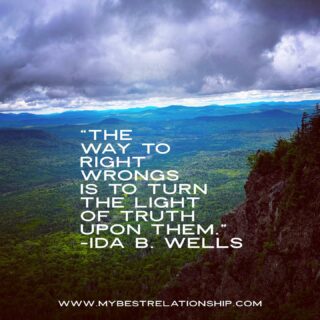
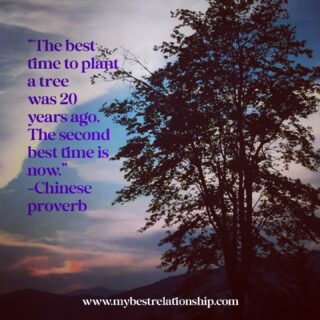
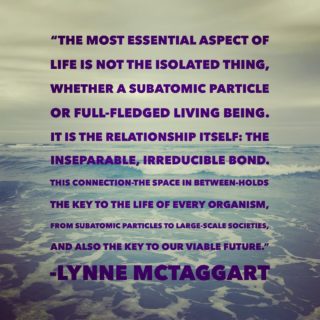


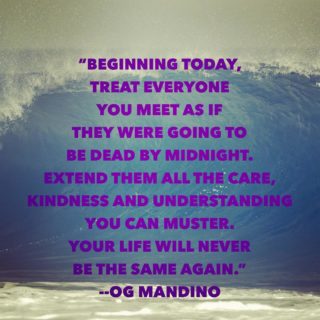
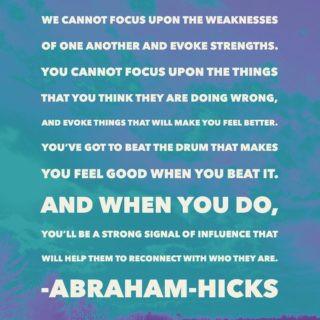






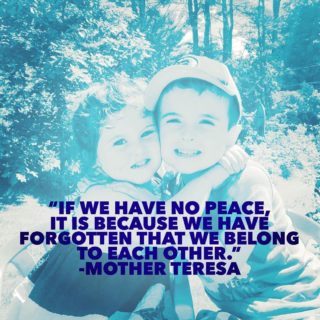
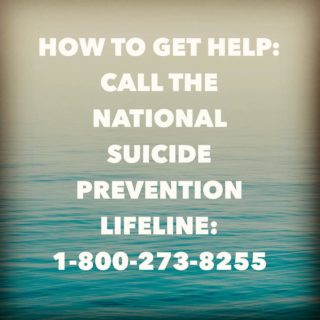
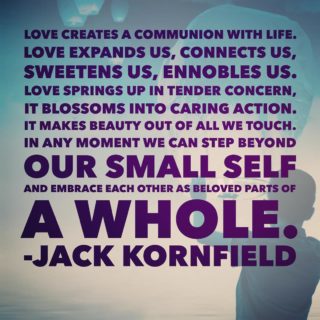
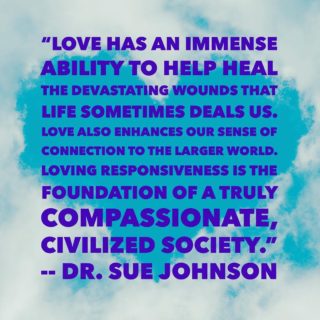
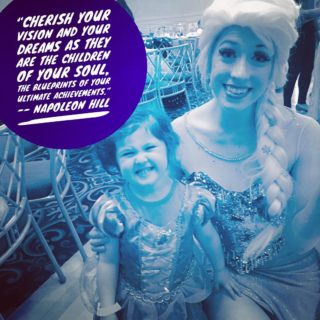
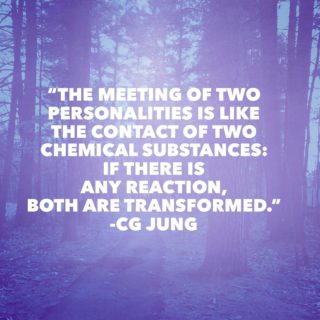

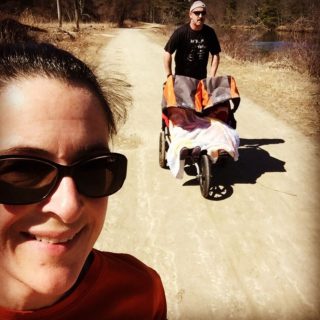
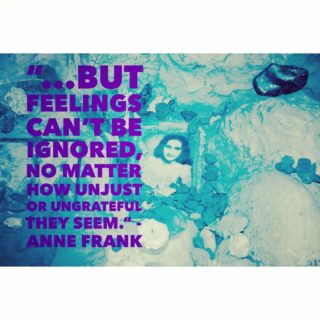
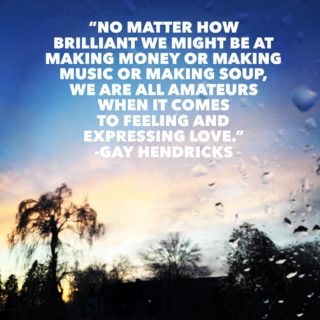

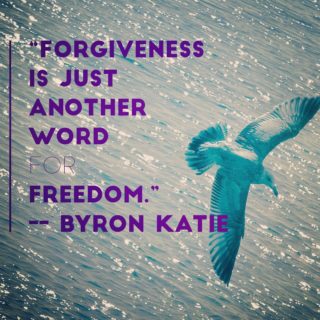




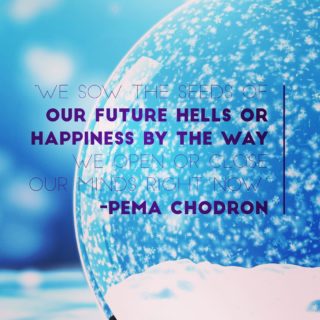

Leave a Reply